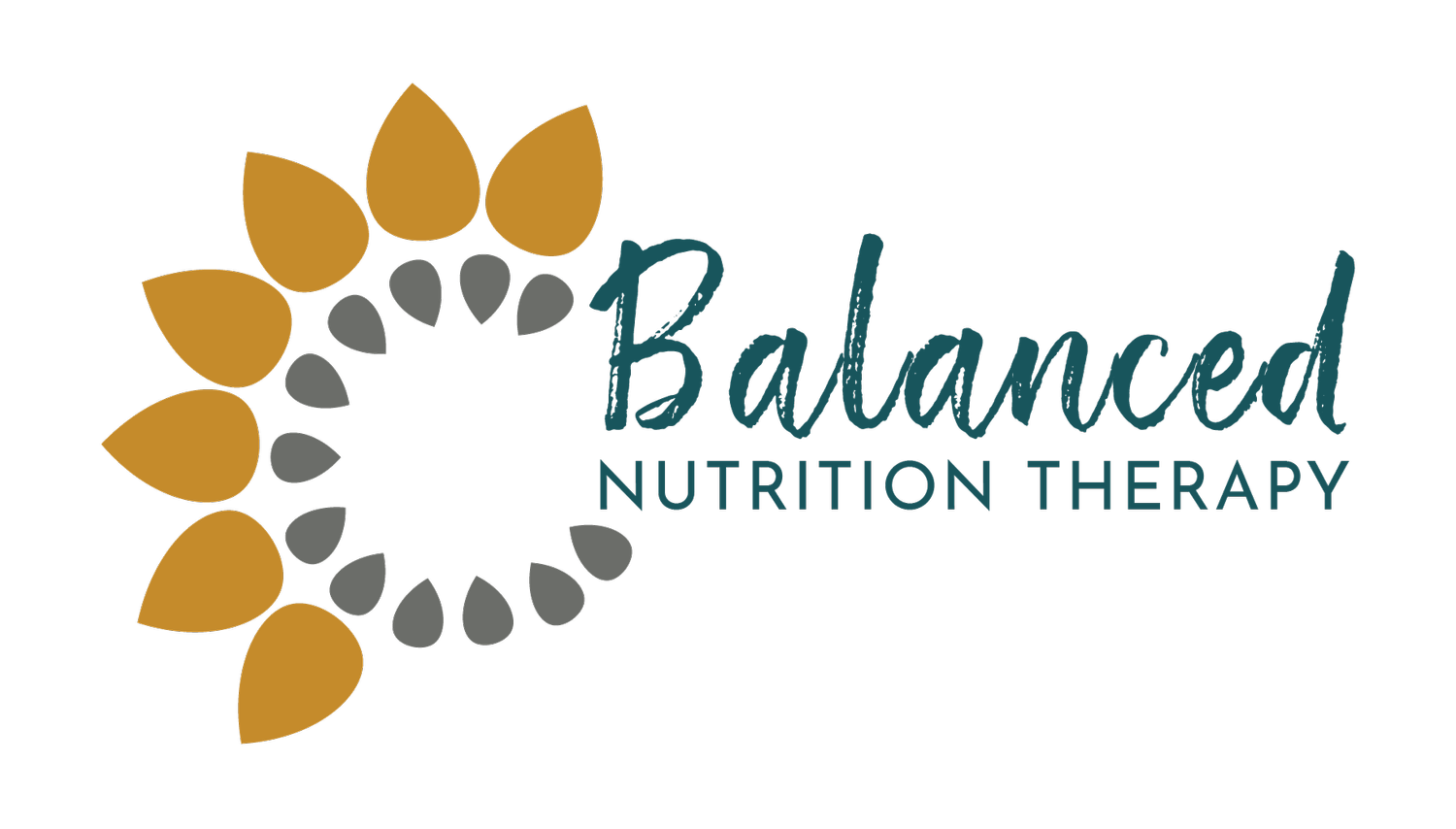The Truth About Seed Oils: What Social Media Isn’t Telling You
Special thanks to our intern, Emily Shellhase, for guest writing this post!
You’ve probably heard of a hot topic circulating the nutrition world in the past few weeks: seed oils. Seed oils are getting a bad rep for being highly processed, inflammatory, and bad for our overall health.(1) In fact, the popular restaurant chain, Steak & Shake, just released that they have stopped cooking their fries in seed oils and now using beef tallow instead, claiming that it’s a healthier option.(2) But this information mostly stems from misinformation and simplified science. The truth is, when seed oils are consumed in moderation and a part of a healthy diet, they are safe and offer many benefits.
Let’s take a look at what seed oils are, their health benefits, and some common misconceptions.
The Fat Source of Seed Oils
Oils such as canola, soybean, safflower, corn, cottonseed, grapeseed, rice bran and peanut are all examples of seed oils and most likely a cooking staple in your kitchen.(3) These are extracted from the seeds of various plants and contain some amounts of saturated fat and omega-3 and omega-6 polyunsaturated fatty acids (PUFA’s).(3)
Fat is one of the three main macronutrients that is essential in a balanced diet, and is necessary for absorption of vitamins A, D, E, and K.
There are a few different types of fat. Saturated fat is fat that is solid at room temperature (e.g. butter, lard, beef tallow) and unsaturated fats are liquid at room temperature (e.g. seed oils). A diet high in unsaturated fats (PUFA’s) can lower LDL (aka “bad”) cholesterol and decrease inflammation. These unsaturated fatty acids are found in foods such as fish, seeds, and nuts and can help support brain and heart health.(4,5)
Do Seed Oils Cause Inflammation?
So where is the information that seed oils are bad coming from? The debate in the media claims that seed oils are the main culprit for obesity, inflammation, type 2 diabetes, and chronic disease due to their amount of omega-3 and omega-6 fatty acids.(3)
In short, omega-6 fatty acids have the ability to be converted into something called arachidonic acid, which is a building block for compounds that cause inflammation.(3) But what the media fails to include is that only about 0.2% of these omega-6’s are converted into arachidonic acid.(3) That’s a very small and insignificant amount!
So switching these out for saturated fats to improve our health must be the answer… right? Not quite.
Research shows that a diet high in saturated fats increases LDL cholesterol and puts an individual at higher risk of heart disease.(5)
Can Seed Oils Be Part of a Healthy Diet?
Most individuals are consuming seed oils from foods that are processed, deep fried, or pre-packaged which, when consumed in excessive amounts over a long period of time, can lead to the chronic diseases stated earlier in this section. So, as with most aspects of nutrition and health, we need to look at the facts within the context of the bigger picture of one’s overall lifestyle and food intake, and make decisions based on a more nuanced reality.
The main question is, can seed oils be a part of a healthy diet? Yes! Seed oils are a great healthy fat option when used for cooking things such as stir frying vegetables, oven baking fish or other meats, or homemade salad dressings!
References:
Fornari Laurindo L, Fornari Laurindo L, Dogani Rodrigues V, et al. Evaluating the effects of seed oils on lipid profile, inflammatory and oxidative markers, and glycemic control of diabetic and dyslipidemic patients: a systematic review of clinical studies. Front Nutr. 2025;12:1502815. Published 2025 Feb 7. doi:10.3389/fnut.2025.1502815
Olesen, A. (2025, March 19). The debate over “healthy” fries and beef tallow: Which chains use “RFK-approved” method? USA Today. https://www.usatoday.com/story/entertainment/dining/2025/03/19/rfk-approves-beef-tallow-and-steak-n-shake-what-other-restaurants-use-seed-oil/82496124007/
Kane, A. (n.d.). Seed oils: Facts & myths. Massachusetts General Hospital. https://www.massgeneral.org/news/article/seed-oils-facts-myths
Ball, S. (n.d.). Understanding seed oils. Academy of Nutrition and Dietetics: eatright.org. https://www.eatright.org/health/essential-nutrients/fats/understanding-seed-oils
Williams, S. C. P. (n.d.). Nutrition expert breaks down effects of seed oils on health. https://medicalxpress.com/news/2025-03-nutrition-expert-effects-seed-oils.html

